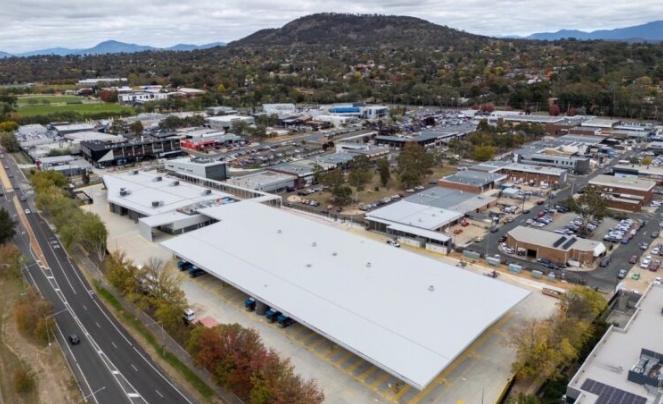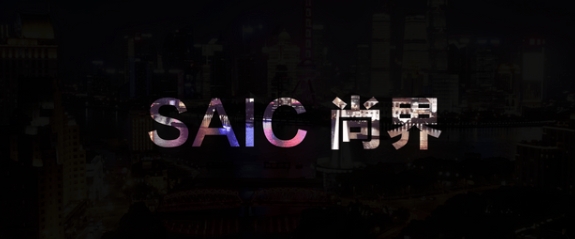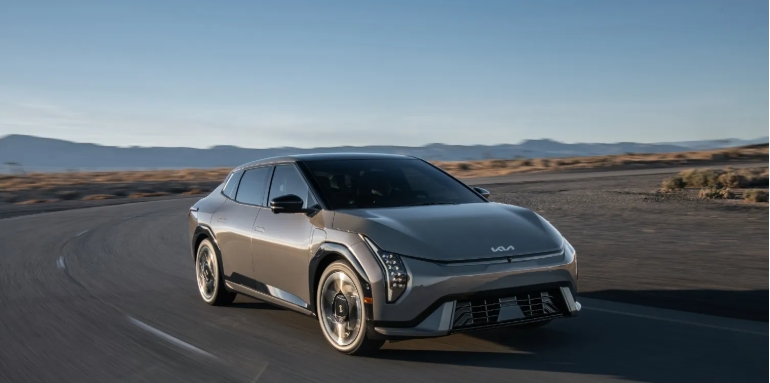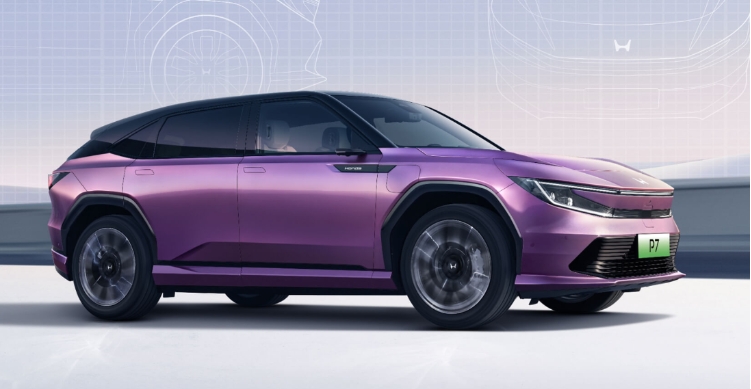
The two car “Hybari” train -- a combination of hybrid and the Japanese word for a lark -- cost about 4 billion yen ($35 million) to develop and can travel up to 140 kilometers (87 miles) at a top speed of 100 km/h on a single filling of hydrogen.
East Japan Railway Co., which developed the train in partnership with Toyota Motor Corp. and Hitachi Ltd. plan to use them to replace its diesel fleet and look to export markets. Commercial services should begin in 2030.
Japan has made hydrogen a key clean-energy source to reach net zero. Toyota is aiming for a tenfold increase in the production of hydrogen-fueled Mirai cars with its second-generation model, while more fuel-cell buses and commercial vehicles are on the road.
The government has said it aims to boost hydrogen’s usage amount to 20 million tons by 2050, while energy companies like Iwatani Corp. and Kawasaki Heavy Industries Ltd. are trying to build hydrogen supply chains to bring down its price.
Europe has been a pioneer in hydrogen trains, with Germany rolling out the world’s first train built by Alstom SA in 2018. Siemens AG and Deutsche Bahn AG are developing new regional trains and special fueling stations and will test them in 2024.







